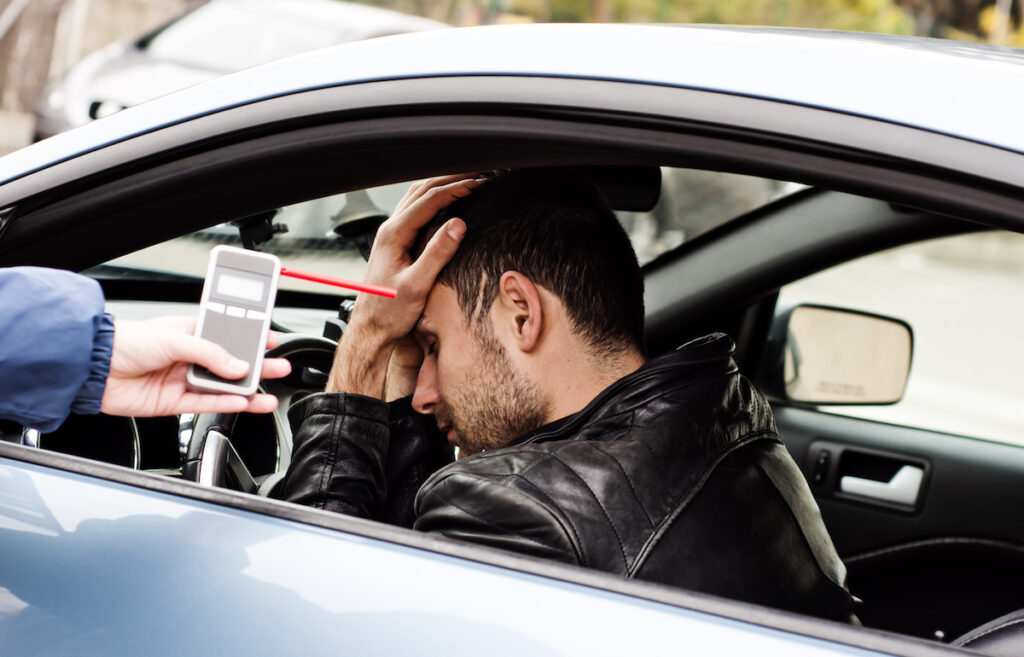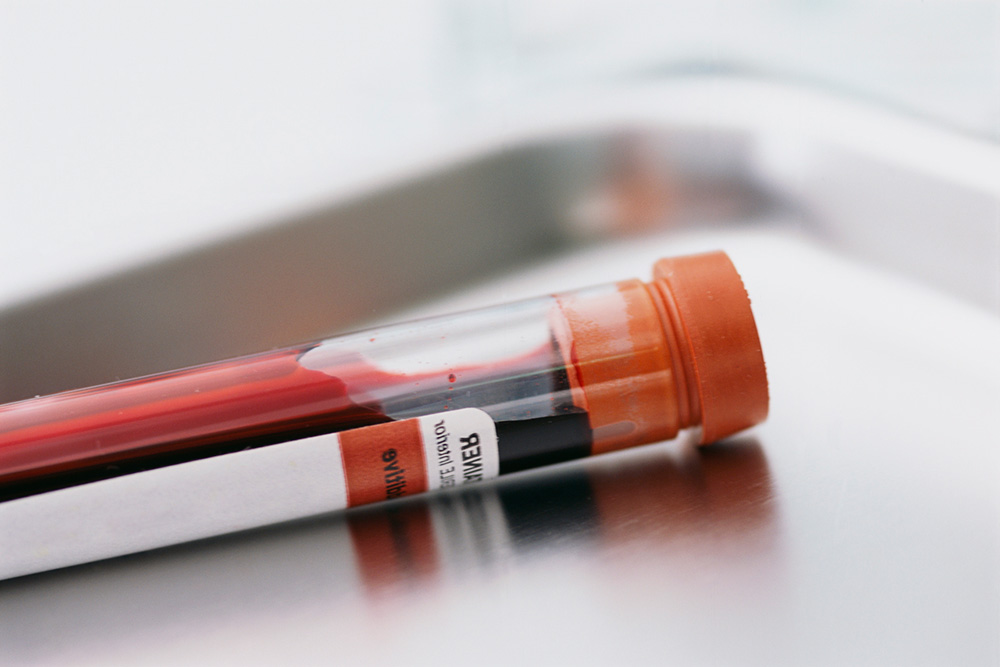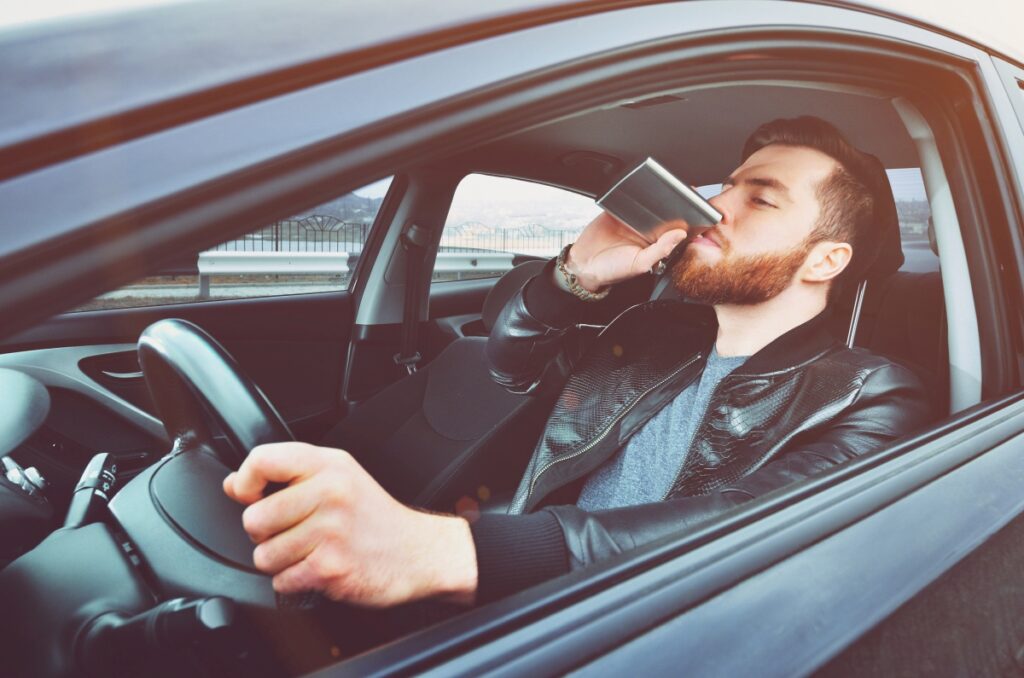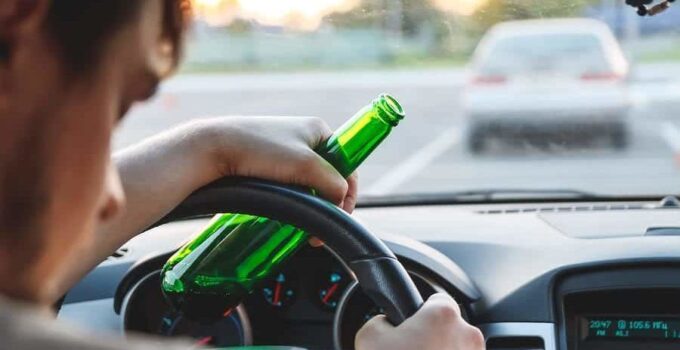When someone is charged with drunk driving, everyone assumes they are guilty. After all, blood alcohol content (BAC) testing reveals all, right? As it turns out, BAC testing isn’t so straightforward, which is why it’s so important that individuals charged with drunk driving avoid working with a public defender and instead hire an experienced DUI attorney. These lawyers know the flaws in drunk driving prosecution and can help you knock those charges down – especially when they aren’t accurate.
Behind The Machines

Source: insurify.com
Police on the streets typically use breathalyzer machines to screen drivers in the field. When those tests reveal that a driver has a BAC of 0.08 or higher, they can be charged with drunk driving. But what if the machines are wrong? As it turns out, between poor oversight and use error, they often are – sometimes giving readings as much as 40% too high. Unless a lawyer familiar with this problem questions the results, however, the courts inherently trust these tests.
Drunkenness Beyond BAC
While breathalyzer tests are wrong more often than most realize, it’s also possible to be charged with drunk driving if you’re pulled over under the suspicion of drunken driving but don’t reach the BAC threshold. As DUI lawyer Rowdy Williams explains at rowdywilliams.com, “If you’re pulled over on suspicions of DUI or operating a vehicle while intoxicated (OVWI), as it’s referred to in Indiana, because you were demonstrating reckless behavior like crossing the center line, you can still be charged with DUI. Your behavior matters at least as much as your BAC reading.”
Of course, if you’re charged with DUI without the BAC reading to back it up, one benefit of working with a skilled DUI lawyer is that they’re much more likely to be able to achieve a good plea bargain. That may mean pleading down to reckless driving or even getting the charge dropped entirely.
Demanding Better Evidence Via Blood

Source: lvcriminaldefense.com
Because of the existing problems with BAC testing via breathalyzer, many defense attorneys are committed to demanding more accurate testing to protect their clients. This might mean pushing for blood testing instead of breathalyzer tests, as those are more accurate, but this presents its own problems. In particular, police typically cannot demand that individuals consent to blood testing, as that’s considered assault.
The one key exception to this rule regarding blood draws for BAC measurements is in regard to unconscious drivers. If you are in an accident or pass out due to intoxication, you have given implied consent for a blood test. The Supreme Court affirmed a Wisconsin law regarding such tests in 2019, while continuing to uphold the general principle that police need to obtain a warrant for any blood test.
Despite its greater accuracy for measuring BAC, the fact that police need a warrant for blood tests means that they are often inaccurate due to the delay. During the time that it takes for police to present the necessary evidence to a judge and acquire a warrant, the driver’s BAC will inevitably decline, making the results less valuable to prosecutors unless, even after a delay, the results are especially high.
Other Mitigation Practices
In L.A., police attempt to mitigate the likelihood of inaccurate tests by using two breathalyzer machines and averaging the results. This minimizes the impact of inaccurate readings from poorly calibrated machines, but it doesn’t provide sufficient correction in the event that one of those machines is significantly off-kilter. The two-machine average is no reassurance to those incorrectly charged with a DUI.
Another key mitigation practice that all police departments should be using when measuring BAC is quite simple: choosing the right device. Using two inaccurate breathalyzer machines, after all, isn’t ultimately helpful. There are a number of options on the market, but the two major types are fuel cell and semiconductor breathalyzers. Fuel cell breathalyzers are generally considered to be more accurate than the semiconductor type of breathalyzer because they use traditional chemical reagents to measure the presence of alcohol molecules. Regardless of the type of breathalyzer, however, they do need to be calibrated regularly, and this is particularly important for devices used by law enforcement.
Human Variation And Issues With Accuracy

Source: gta-law.com
Ultimately, when working to measure BAC and when using BAC metrics in legal settings, all parties need to proceed with caution. Mundane products like mouthwash, which contains alcohol, can impact the results, as can smoking cigarettes. Gender, weight, and whether an individual has eaten can also impact the results; larger bodies contain more water and essentially dilute the results, but drivers may still be impaired. Similarly, a driver who has eaten a large meal with their drinks may have a seemingly high BAC based on breathalyzer testing, but that alcohol may not have actually been absorbed into their system such that it affects cognition and safety on the road.
Breathalyzer testing is a great choice for law enforcement in terms of administrative convenience, but when it comes to accuracy, they’re a fairly blunt tool, and that makes the results vulnerable in the courtroom. A good DUI lawyer, particularly one who understands the science of BAC and who has paid attention to ongoing debates over breathalyzer testing, can easily poke holes in such evidence. As such, prosecutors should ensure that they have ample evidence of dangerous driving and indicators like a failed field sobriety test in order to back up their case. These elements can bolster weak BAC evidence, but without them, a breathalyzer test may not carry much weight.
While drivers who are truly putting others in danger by getting behind the wheel when drunk should be held responsible for their actions, many drivers charged with DUI are individuals who are caught in police traps or at checkpoints and who do not actually meet BAC limits. Such charges are a disservice to everyone and a waste of time and money for the court system. Improving the accuracy of DUI charges, then, is in everyone’s best interest. It’s not about making our roads less safe – it’s about providing accurate evidence when bringing a case before the court.




